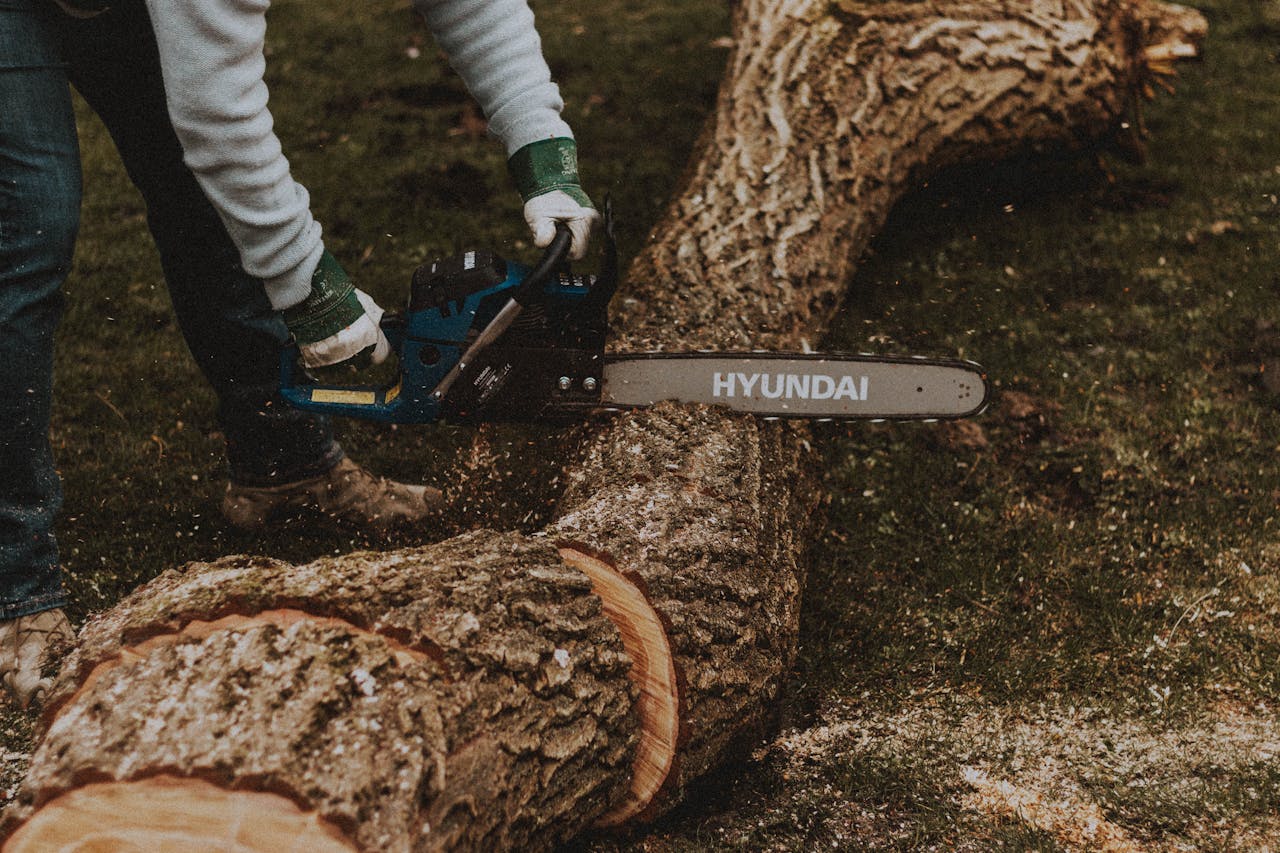
Image Source: Pexels
Are you planning a backyard project? Sometimes, you’ll have to check with your neighbor first. A backyard upgrade sounds harmless, but it can trigger lawsuits, fines, or even neighbor wars. From property lines to zoning laws, outdoor projects can quickly spiral into legal trouble if you’re not careful. Here are six backyard blunders that could end in unexpected legal disputes, plus how you can avoid them.
1. Building a Fence on the Neighbor’s Property
What started as a weekend project can become a property line battle. If your neighbor surveys the land, they may be able to prove that the fence is on their property. This can result in court-ordered removal and legal fees. Before you put up any kind of fence, make sure you know your property lines.
2. Installing a Pool Without a Permit
Permits feel like a hassle, but skipping them can cost big. If you don’t have a permit, you may be forced to drain and demolish a newly built pool. You could be in real trouble if the city discovers your pool violates safety and setback regulations. Always work with reputable pool companies and make sure that they pull permits. Otherwise, your neighbors may report you.
3. Cutting Down “Shared” Trees
Think twice before cutting down or trimming any trees. Tree trimming or removal can get tense when one neighbor decides to cut branches hanging over their yard. If the tree straddles both properties, you’ll need to get permission. Your neighbor could hypothetically sue for damages, claiming loss of shade, privacy, and property value.
4. Blocking a View With a Privacy Wall
A tall hedge or wall might give you privacy, but it could also block a neighbor’s view. In some neighborhoods, this could be protected by HOA or local rules. Disputes over privacy walls can drag out and cause tension in the neighborhood. It might be best to have a conversation with your neighbors first.
5. DIY Deck Collapse That Leads to Injury
Doing any DIY projects comes with risk. Theoretically, if a guest is injured in a collapse, a personal injury lawsuit could follow. Plus, your homeowner’s insurance might not cover unpermitted work. Sometimes it’s best to leave it to the professionals.
6. Loud Backyard Businesses or Rentals
Turning a backyard into a money-maker, like a party rental space or Airbnb hangout, can violate zoning laws and spark noise complaints. Many cities and towns have strict rules against Airbnb rentals. Know your area’s rules before setting one up. If you don’t, you could be fined.
Do It Right the First Time
Backyard projects should boost your home’s value and your enjoyment, not create legal headaches. Always check local laws, HOA rules, and property lines before you build. A little research now can save you thousands (and your relationships) later. Poor planning can lead to fines, removals, or long-lasting neighbor disputes.
Read More
From Paper Towel to Potting Soil: The Ideal Time to Transplant Your Seedlings
How Many Times a Month Should You Get Your Grass Cut?

Teri Monroe started her career in communications working for local government and nonprofits. Today, she is a freelance finance and lifestyle writer and small business owner. In her spare time, she loves golfing with her husband, taking her dog Milo on long walks, and playing pickleball with friends.
Leave a Reply